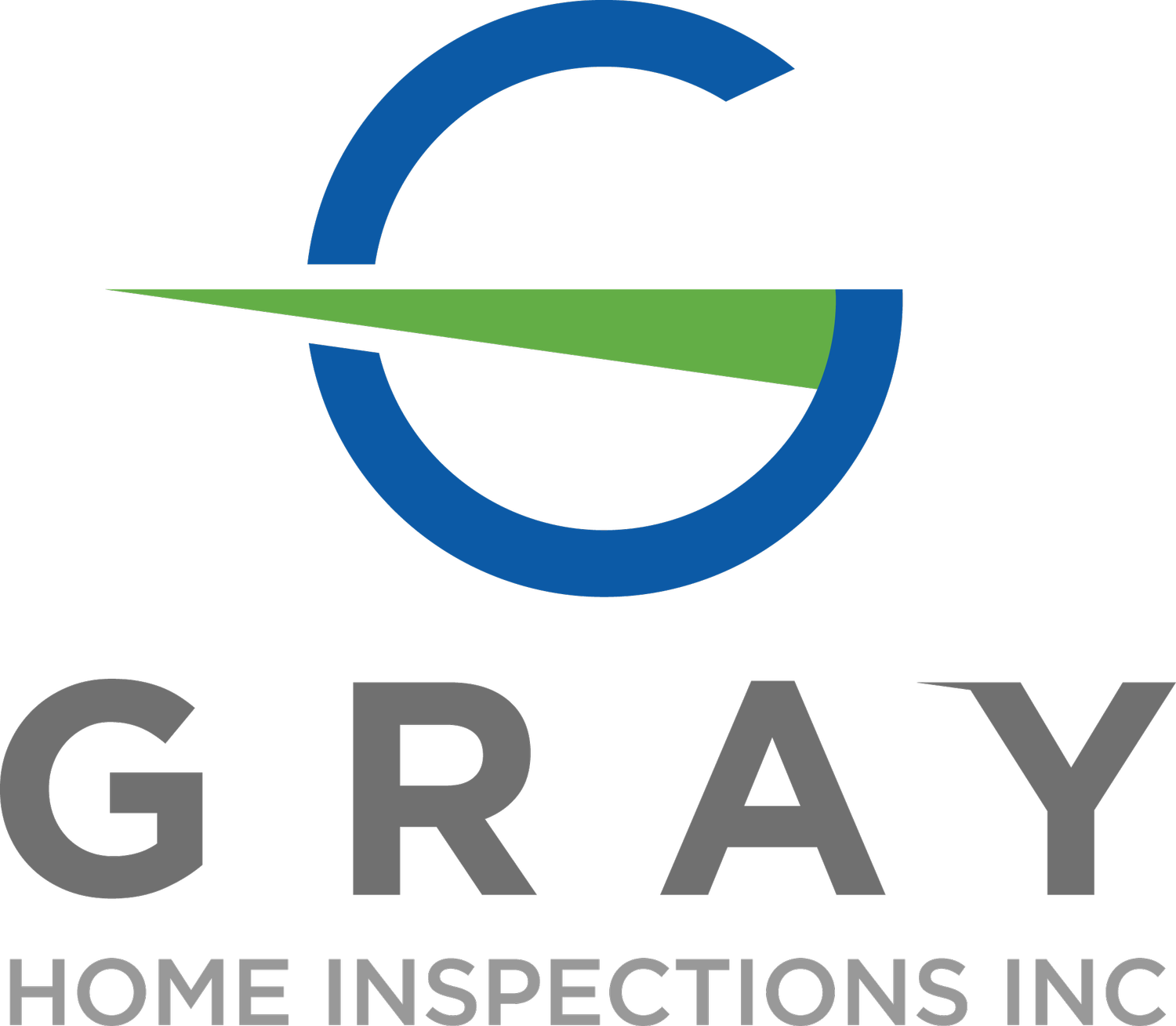Common Issues Found During Commercial Property Inspections: A Property Inspector's Perspective
As a professional property inspection company, we play a vital role in assessing the condition of commercial properties and identifying potential issues that may affect their functionality, safety, and value. Commercial property inspections provide valuable insights to owners, investors, and tenants, enabling them to make informed decisions about their real estate investments. In this blog, we will share our perspective and highlight some of the common issues we frequently encounter during commercial property inspections.
Roofing Problems:
Roofing issues are prevalent in commercial properties and can lead to significant problems if left unaddressed. We often identify issues such as leaks, damaged or missing shingles, deteriorating flashing, or inadequate drainage systems. Roof inspections are essential to assess the condition of the roof, identify any necessary repairs or replacements, and prevent water damage to the interior of the building.
Electrical System Deficiencies:
Commercial properties typically have complex electrical systems that need careful examination. We commonly find issues like outdated wiring, overloaded circuits, inadequate grounding, improper installation of fixtures, or non-compliance with safety codes. Identifying these deficiencies is crucial for ensuring the safety of occupants and preventing potential fire hazards.
HVAC System Inefficiencies:
Commercial buildings heavily rely on heating, ventilation, and air conditioning (HVAC) systems to provide comfortable indoor environments. During inspections, we often come across issues such as malfunctioning or inefficient HVAC equipment, inadequate airflow, poor insulation, or improper ductwork installation. These issues can affect energy efficiency, occupant comfort, and overall operational costs.
Plumbing and Drainage Concerns:
Plumbing problems can disrupt business operations and cause water damage if not addressed promptly. Our inspections frequently reveal issues like leaky pipes, clogged drains, improper water pressure, faulty fixtures, or inadequate drainage systems. Identifying these concerns allows property owners to rectify them before they escalate into more significant issues and incur costly repairs.
Structural Integrity:
Assessing the structural integrity of commercial properties is essential for identifying potential safety hazards and ensuring the longevity of the building. We often uncover issues such as foundation cracks, settlement, structural shifting, or compromised load-bearing components. Addressing these structural concerns is crucial to maintain the building's stability and prevent safety risks.
Fire and Life Safety Compliance:
Commercial properties must comply with fire and life safety codes to protect occupants and minimize liability risks. During inspections, we evaluate fire alarm systems, sprinkler systems, emergency exits, fire-rated materials, and adherence to accessibility requirements. Identifying deficiencies and ensuring compliance with regulations is vital to maintain a safe environment for occupants and avoid potential legal issues.
Environmental Hazards:
Commercial properties can be subject to various environmental concerns that may affect occupant health and property value. We commonly encounter issues such as mold growth, asbestos-containing materials, lead-based paint, or radon gas. Identifying these hazards allows property owners to address them appropriately and ensure a safe and healthy working environment.
Commercial property inspections provide crucial insights into the condition and potential risks associated with a property. From roofing problems and electrical system deficiencies to HVAC inefficiencies and plumbing concerns, addressing these issues is essential to maintain the property's functionality, safety, and value. As a property inspection company, we play a pivotal role in identifying and reporting these common issues, enabling property owners, investors, and tenants to make informed decisions, prioritize necessary repairs or upgrades, and ensure the long-term success of their commercial investments.
